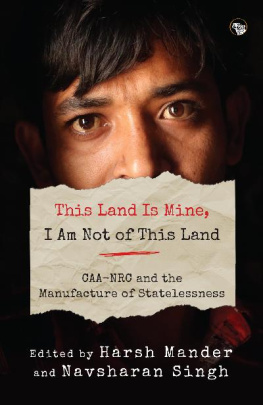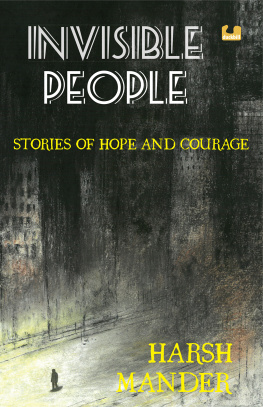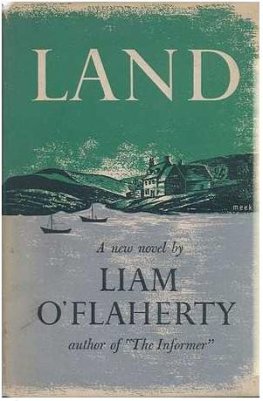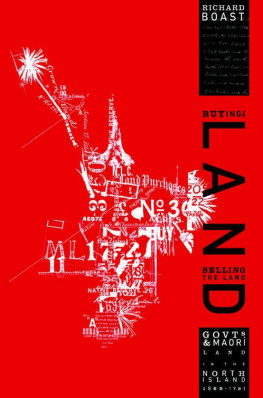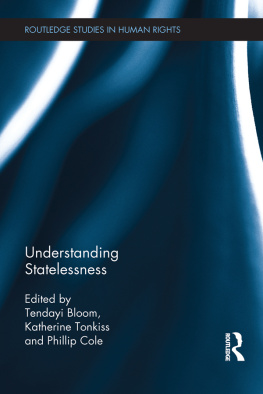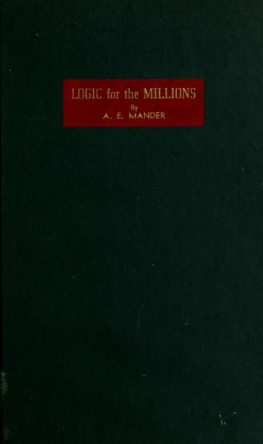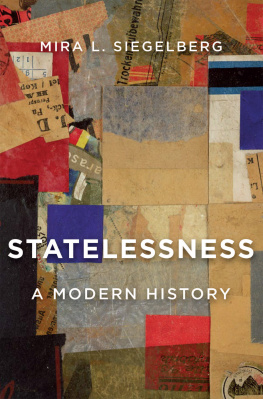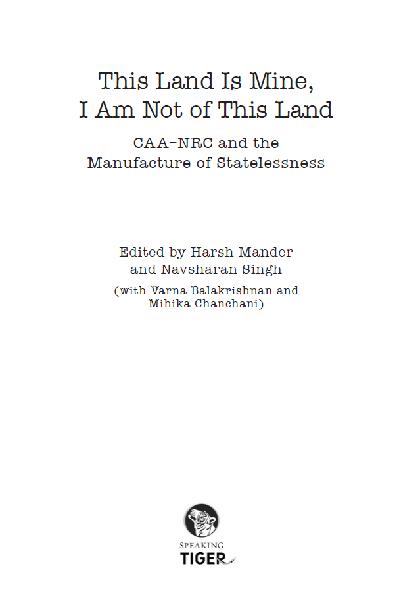Harsh Mander is one of Indias most trusted and courageous social justice and human rights activists. He works with survivors of mass violence and hunger, as well as homeless persons and street children. He is the director of the Centre for Equity Studies, a research organization based in New Delhi, and has also served as a special monitor for the National Human Rights Commission to the detention centres for declared foreigners in Assam.
Mander is also the author of several acclaimed books on contemporary India, among them, Looking Away: Inequality, Prejudice and Indifference in New India ; Ash in the Belly: Indias Unfinished Battle Against Hunger ; Fatal Accidents of Birth: Stories of Suffering, Oppression and Resistance ; and Locking Down the Poor: The Pandemic and Indias Moral Centre.
Navsharan Singh is a Delhi-based researcher and human rights activist. She has worked and published extensively on informal-sector workers, especially women workers and the precarity of their work and lives. She has also been working on the vulnerability of internally displaced people and those affected by mass sectarian violence. She was previously the Senior Program Specialist for the Womens Rights and Citizenship Program at the International Development Research Centres Asia office, New Delhi.
Her publications include Landscapes of Fear: Understanding Impunity in India ; Blood, Censored: When Kashmiris Become the Enemy ; and Gender Justice, Citizenship and Development.
CONTENTS
Harsh Mander
Shalim M. Hussain
Neera Chandhoke
Anupama Roy
Dr Hafiz Ahmed
Niraja Gopal Jayal
Ashutosh Varshney
Pamela Philipose
Varna Balakrishnan
Mihika Chanchani and Varna Balakrishnan
Hafiz Ahmed
Abdul Kalam Azad
Sanjay Barbora
Shalim M. Hussain
M. Mohsin Alam Bhat
Gautam Bhatia
Khabir Ahmed
Aman Wadud
Arunabh Saikia
Ashraful Hussain
Harsh Mander
Shah Alam Khan
Abdul Kalam Azad
Rehna Sultana
Varna Balakrishnan and Navsharan Singh
Mohsin Alam Bhat, Abdul Kalam Azad and Harsh Mander
Ashraful Hussain
Anirban Bhattacharya and Azram Rahman Khan
Mihir Desai
Lina Krishnan
Shivam Vij
Devesh Kapur and Neelanjan Sircar
Harsh Mander and Mohsin Alam Bhat
Nizam Pasha
Chan Miya
Mihika Chanchani
Abdul Kalam Azad
Varna Balakrishnan
Parismita Singh and Shalim M. Hussain
Shalim M. Hussain
Navsharan Singh
INTRODUCTION
THIS LAND IS MINE, I AM NOT OF THIS LAND
Harsh Mander
A lmost a hundred years have passed since a battle was launched for the soul of this ancient, diverse land. At stake was the country we would build together after the British left our shores.
This was in the years just after Mahatma Gandhi had returned from South Africa, in 1915, to join Indias freedom struggle.
However, the Hindu Mahasabha have bitterly contested these ideas of inclusiveness and equality all these hundred years. Their vision for India is of a nation belonging to Indias Hindu majorityspecifically, to Hindus who subscribe to their narrow, political and militant interpretation of Hinduismin which Muslims and Christians would possibly be allowed inclusion but only as second-class citizens. Though less explicitly enunciated, in this dispensation, people of the most disadvantaged castes and tribal ethnicities would also be lesser citizens. The MahasabhaRSS ideas were mirrored in many ways by the Muslim League which argued that India was not one but two nationsa Hindu India and a Muslim Pakistanand that Muslims would not be able to achieve equality, security and justice in a Hindu-majority country. They fought for and accomplished the calamitous Partition of the country into India and Pakistan, Pakistan being carved out of Muslim-majority regions in both the eastern and western flanks of the country.
The turbulent struggle between these opposing ideologies took a toll of over a million lives, including Gandhijis, and caused the largest cataclysmic distress displacement of human populations on the planet in history (barring the movement of enslaved populations from Africa to the Americas).
Today, the people of India find themselves at a decisive phase of this very same battle. The RSS is probably the largest civil society organization in the world, with unparalleled penetration into villages and urban settlements and branches all across the country. India is led today by men who have spent all their adult lives as staunch members of this Hindu supremacist formation. They are convinced that their time has come, to remould India into the muscular, unequal and resentful nation of their imaginings.

I was born eight years after India won her freedom. I recall a childhood in which the idealism of the freedom struggle, although rapidly fading, still endured. We were raised without bigotry, taught to be thrifty and kind. Friendships across religions were common (though much less, I realize now, across caste). Our cinema, our poetry, our music and theatre, all celebrated our plural identities. It was an unequal India, but comfortable in its diversity, imbued with the hope of building a better future for all our people, of every faith, caste and class.
Today, my little grandson is being raised in a worryingly altered India. From the time he makes sense of his world, he will routinely hear conversations of bigotry and exclusion, in living rooms, in classrooms, on his phone and laptop, on his television screen, from the most prominent political leaders of the country. He will also join a section of the world that is complacent in its comfort and vulgar overconsumption, indifferent to the stark penury and want outside its doors.
It would be a mistake to believe that India suddenly changed in recent years. The slide started much earlier. When I entered college in the 1970s, idealistic students of earlier batches had disappeared into the countryside to fight rural oppression. We rallied against the corruption and authoritarianism of the Congress government and against the Emergency campaigns to demonize the Muslims and construct a sense of permanent grievance in the Hindu people. In all of these, the Congress leadership abjectly bent before the most regressive elements of the Hindu, Muslim and Sikh faiths, and cynically allowed the core of Indias secular republic to be steadily eroded.
Since 2014, however, India hurtled far more rapidly and treacherously downwards to become a country increasingly dangerous and unwelcoming to its minorities, especially its vast Muslim populace of nearly 200 million people. Fear and hate became inseparable from public life, for both minorities and for those who stood with them. Elected leaders, especially of the ruling party, indulged in vitriolic and runaway hate speech or Urban-Maoists, a contradiction in terms, applied pejoratively (and menacingly) to left and liberal dissenters (including, incidentally, this writer).
In the midsummer elections of 2019, the Bharatiya Janata Party (BJP) government won an expanded mandate, despite economic collapse, mounting farm distress and rising unemployment that peaked to a 45-year high. It is significant that of the 37.6 per cent votes won by the BJP, 36 per cent were votes by Hindus. Even one in three Dalits voted for the BJP. This was interpreted by the BJP leadership as a mandate to decisively further their vision for India of a land owned, dominated and controlled by Hindus; and they moved to actualize it in statute and law with resolve and swiftness, hubris and recklessness. Diminishing the only Muslim-majority state in the Indian Union, Jammu and Kashmir, to a Union territory at the site of a demolished mosque were pivotal steps towards fulfilling the long-prized agenda of the RSS of converting India into a Hindu nation.

